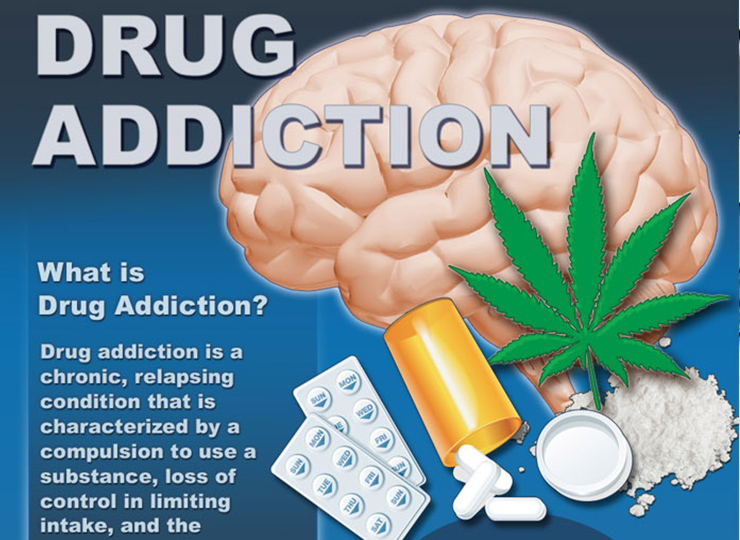Drug addiction impediments and cancer

Drug addiction impediments and cancer are always hidden and when they appear, life-threatening elements become evident
Drug addiction impediments and cancer: Alcohol use and alcoholism
In my quest to address the problem of drug addiction impediments, it is becoming a trend that every time this topic of addiction is mention very really will it go without touching on alcohol consumption. Experts across the globe including doctor Dalal Akoury MD, President and founder of AWAREmed Health and Wellness Resource Center agrees that alcohol is the most addictive and abused drug and one that causes most of the health problems we go through today. Having said that I want to put emphasis on this by repeating this point that most people understand that heavy alcohol drinking can cause health problems, however, what many people may not know is that alcohol consumption can raise their cancer risk. Several cancers are as a result of drinking alcohol and this is what is going to form the basis of discussion in this article. If you want to be enlightened about the effects of alcohol and cancer, then keep on the link and read on for much educative and informative experience. And if you’re struggling with alcoholism, grab this opportunity and schedule an appointment with doctor Akoury now for the commencement of your recovery process that will leave you free from all the implications of alcohol abuse.
Drug addiction impediments and cancer: Types of cancer linked to alcohol use
As discussed alcohol is a known cause of different kinds of cancers. Such cancers include:
- Mouth
- Throat (pharynx)
- Voice box (larynx)
- Esophagus
- Liver
- Colon and rectum
- Breast
Besides the above alcohol may also increase the risk of cancer of the pancreas and for each of these cancers, the risk increases with the amount of alcohol consumed.
Cancers of the mouth, throat, voice box, and esophagus
Alcohol consumption is no doubt contributes the highest risk of these cancers. Drinking and smoking combine raises the risk of these cancers much more than the effects of either drinking or smoking alone. This might be because alcohol has the ability to act as a solvent, helping harmful chemicals in tobacco to get inside the cells that line the digestive tract. Alcohol may also slow down these cells’ ability to repair damage to their DNA caused by chemicals in tobacco.
Research has proved that long-term alcohol use has been linked to an increased risk of liver cancer. Regular, heavy alcohol use can damage the liver, leading to inflammation. This, in turn, might raise the risk of liver cancer.
Colon and rectal cancer
Alcohol use has been linked with a higher risk of cancers of the colon and rectum. The evidence for such a link is generally stronger in men than in women, although studies have found the link in both sexes.
Even a few drinks a week is linked with an increased risk of breast cancer in women. This risk may be especially high in women who do not get enough folate (a B vitamin) in their diet or through supplements. Alcohol can affect estrogen levels in the body, which may explain some of the increased risks. Drinking less alcohol may be an important way for many women to lower their risk of breast cancer.
Drug addiction impediments and cancer: Alcohol use and alcoholism
http://regenerativepotential.com/wp-admin









